“I don’t see the point in writing about something that doesn’t really excite you; that doesn’t get right down into the base of your spine.” – Helen Heath
This past week I was privileged to be part of three events in the Nelson Arts Festival, and attend one other.
First up was the opening of a public installation of poetry, curated by Cliff Fell and designed by NMIT Graphics Design student Cris Rule.
It’s really something special to see poetry take over a public space in this way. Poems are so often a niche interest that’s considered inaccessible; buried in books and only spoken on special occasions – they’re not blown up, coloured in, and given the opportunity to interrupt the journey of passersby. I hope that’s what they did, anyway.
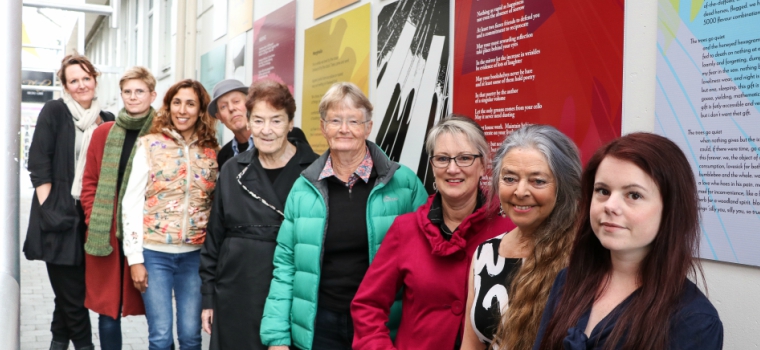
My presence in the installation is a source of personal embarrassment. The poem selected – Zopiclone – was one I wrote while under the influence of that drug. I’m hoping viewers will take that as an excuse for its quality and editorial errors. That aside, I was still proud to be part of something that externalised the internal in such an arresting way – that gave poetry, so often forgotten, a much-needed place in public art.
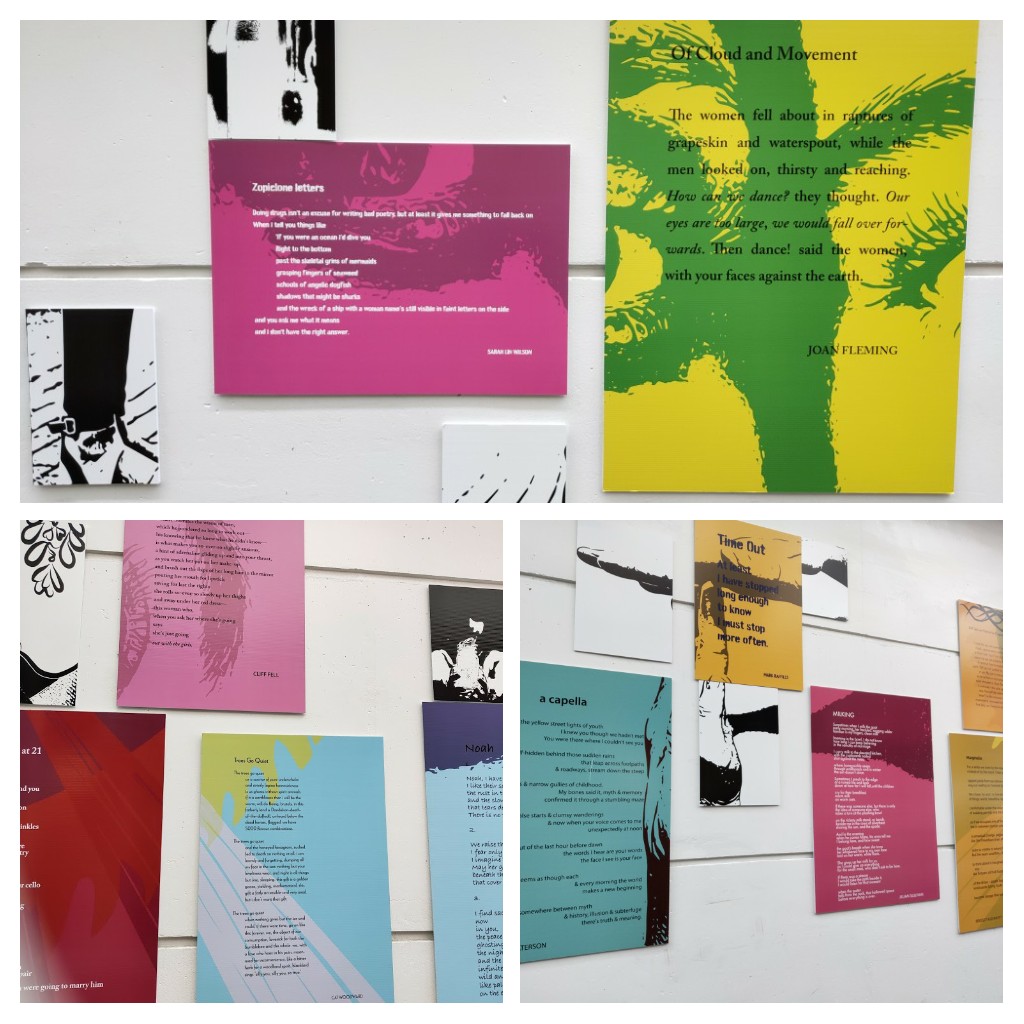
On Sunday I went to two panels – The Robots Are Coming, and Mind Matters.
The first was a discussion about our robotic future, chaired by journalist Naomi Arnold who wrote an incredible piece about our relationship with robots in NZ Geographic – The Robots Will See You Now – and featuring Jo Cribb, one of the authors of Don’t Worry About The Robots, as well as Helen Heath, who published the weird, wonderful, and masterfully woven book of poem Are Friends Electric? which I reviewed a few months ago.
Naomi had her roomba on hand to demonstrate the opening point that robots are not just part of the future; they’re already here – ‘if not quite as intelligent as we are, just yet’ she qualified, while diving to save the robovac from a near fatality at the edge of the stage. Later on twitter, I asked if the roomba had a name. ‘Not yet,’ she replied. I suggested Norman, which she said she’d take into consideration.
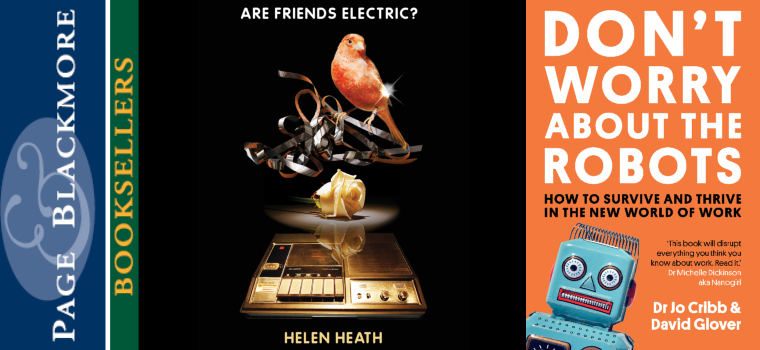
Over the course of an hour, the group discussed the love we have for the robots we already use, and the fear we retain of AI advancement. Beyond the ethical concerns about the boundaries between humans and machines, is the ever-present puritanical capitalism mindset: if the robots take all our jobs, what will we do?
Universal Basic Income was suggested as an obvious answer. If people don’t need a role in capitalism to support themselves and their families, then it isn’t an issue if that role becomes robotic. Those who want to work – whatever that work might be – will find other ways of doing so. Our fear of what will be lost when technology advances can very literally be traced back to the creation of writing. Once we put pen to paper, would oral history cease? Obviously, it hasn’t – and writing has (I would of course have this opinion) revolutionised the world.
In the hour break between the Robots and Mind Matters, I sat outside at a picnic table with Naomi, who edited the book Headlands: New Stories of Anxiety, along with Danyl Mclauchlan, who has an essay in the book, Liz Price who was chairing, and Chloe Swarbrick from the Green Party. I wasn’t on the panel, but I also have an essay in the book, and so was granted a sneak peek of the upcoming discussion.
What eventuated onstage was a fascinating dialogue between four people who’ve all suffered from anxiety and dealt with it in different ways, as well as political insight from Chloe about the current mental health landscape, peppered with readings from the book.
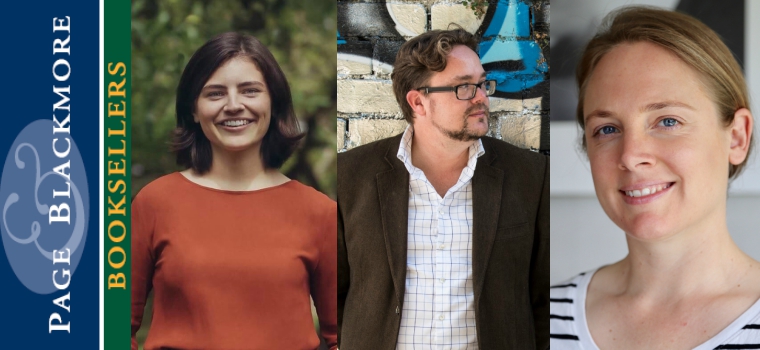
I’m going to do a proper review of the book when I’ve finished it – I’m about three quarters of the way done, but – who would have guessed it – reading about anxiety makes me anxious, so it’s a bit slow going. I also want to do justice to all the writers who have been brave and vulnerable and told their stories with such powerful honesty. I feel incredibly seen, every time I read another sentence or another paragraph and think ‘Hey, that’s me. That’s how I feel.’ And I know that’s what Naomi intended when she came up with the idea for the collection. The book blurb says:
Headlands: New Stories of Anxiety tells the real, messy story behind these statistics – what anxiety feels like, what causes it, what helps and what doesn’t. These accounts are sometimes raw and confronting, but they all seek to share experiences, remove stigma, offer help or simply shine a light on what anxiety is.
It is not a book of solutions nor a self-help guide. Instead, it has been put together for all individuals and whānau affected by anxiety. It’s also for those who are still suffering in silence, in the hope they will see themselves reflected in these pages and understand they are not alone.
I thought the panel was illuminating, and while I understand that one hour is an infinitesimal amount of time to even try and do this topic justice, the only thing I was a little disappointed in was that I felt it had a general pro exercise, pro diet, pro meditation, pro mindfulness vibe. Don’t get me wrong, I’m not against those things, not at all. But I also want to fight against what I see to be a very real and pervasive stigma against medication. From what I’ve read of the book, it does some of that work too.
Anyway, I’m getting sidetracked. This is a sore point for me and one I’m sure I’ll come back to when I review the book, which you can get online from VUP, or at local bookstores.
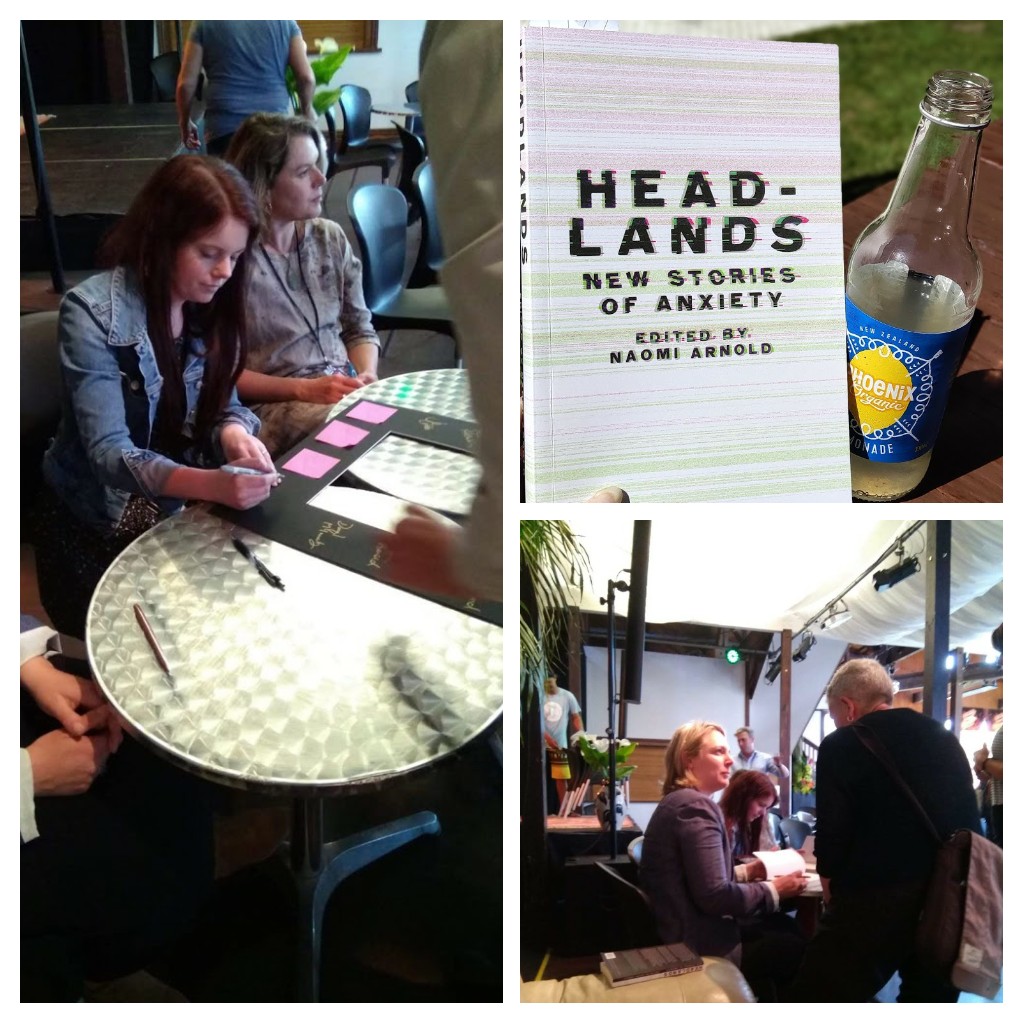
I was also going to write about the fourth and final event I was part of, which was a poetry workshop with Helen Heath – but I’ve already spent three days working on this and I’m running very low on spoons. I’d like to publish it jso I can feel some small sense of accomplishment! So, the workshop may have to wait until the next post too. My apologies to Helen, whose excellent quote I used as the opener.
See you soon!
